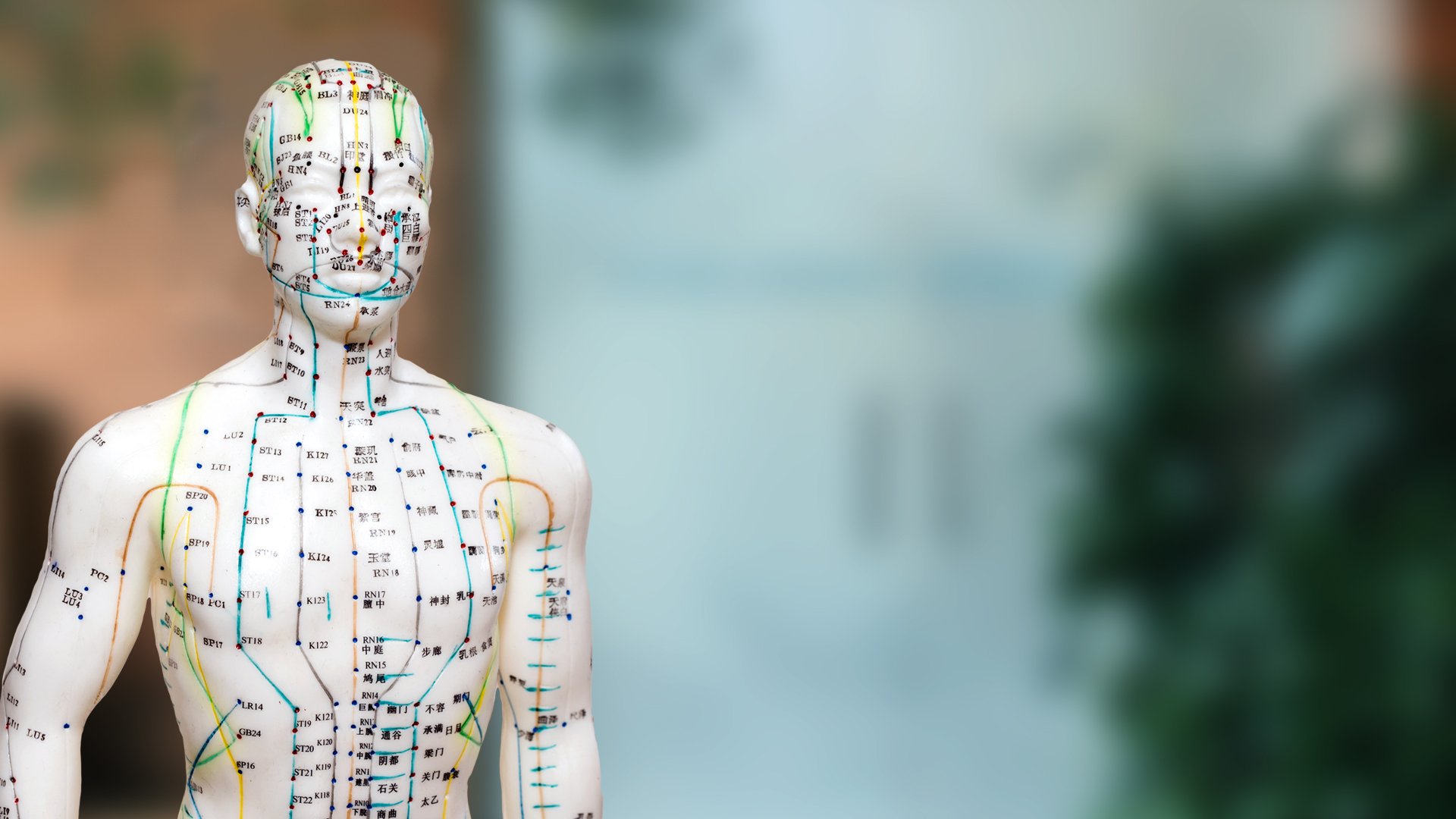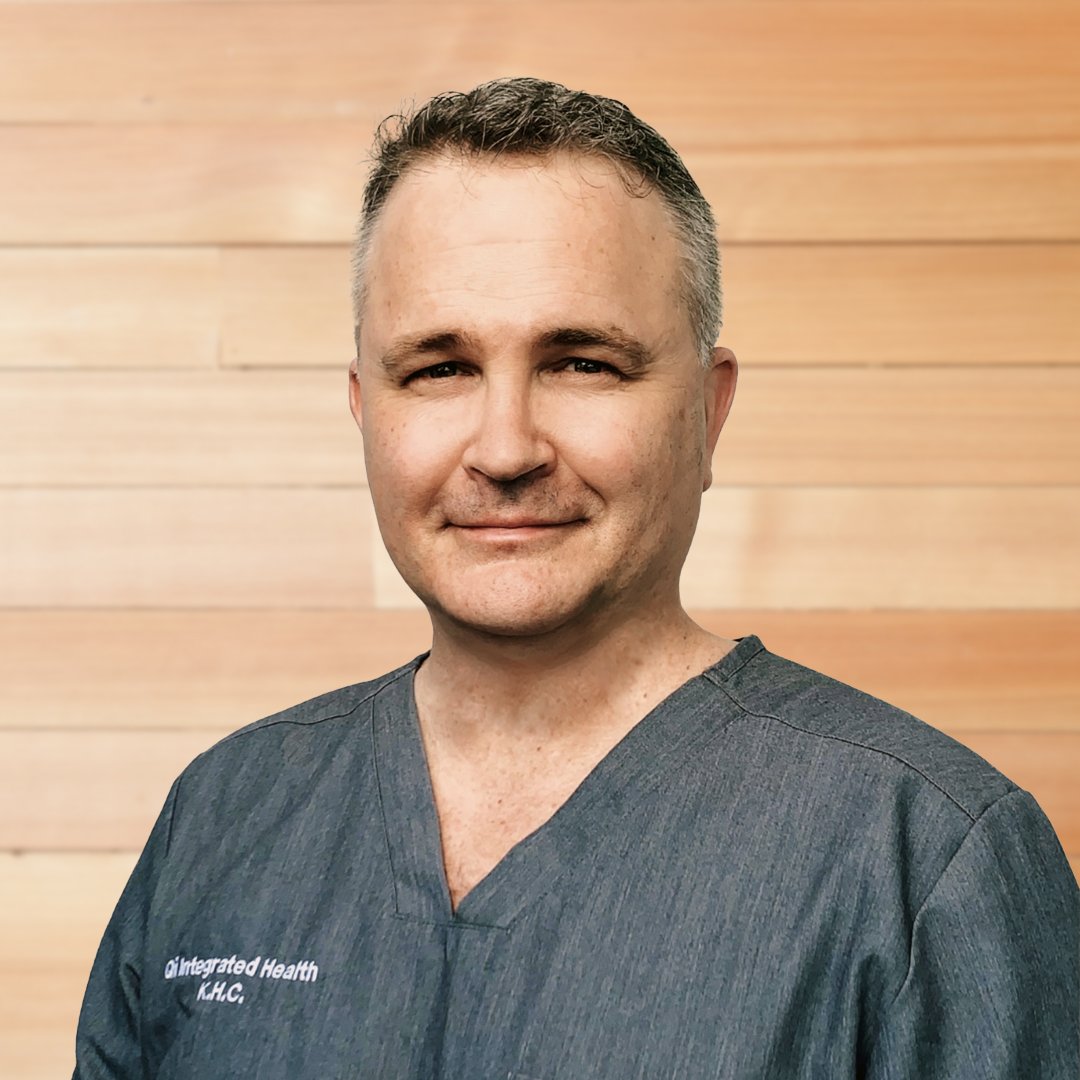
Experience the Healing Power of Acupuncture and Traditional Chinese Medicine in Vancouver
Unlock your body’s healing potential where ancient wisdom meets modern science. Restore balance and discover holistic wellbeing at Qi Integrated Health.
Acupuncture and TCM Treatments at Qi Integrated Health
All of our acupuncture and TCM treatments at Qi Integrated Health are performed by Registered Acupuncturists (R.Ac.), Registered Traditional Chinese Medicine Practitioners (R.TCM.P.) and/or Doctors of Traditional Chinese Medicine (Dr.TCM).
As our name suggests, Qi Integrated Health has its roots in acupuncture, and we encourage all clients to experience the benefits of our Chinese medicine team. Acupuncture involves the insertion of thin acupuncture needles at specific acupuncture points on the body, playing a crucial role in traditional Chinese medicine for pain treatment and overall wellness. The majority of extended health policies cover Vancouver acupuncture, and we can bill your insurance directly during your session. Our acupuncture services are integral to providing holistic care for various health concerns, enhancing emotional balance, and improving overall wellness in the community.
-
Acupuncture involves the insertion of fine, sterile needles at specific points on the body to stimulate the flow of Qi (energy). This ancient practice promotes healing, reduces pain, and enhances overall well-being by balancing the body’s energy pathways.
-
Acupressure uses gentle pressure on specific points along the body’s meridians to alleviate pain, reduce stress, and promote relaxation. This needle-free technique is ideal for those who prefer a non-invasive approach to traditional acupuncture.
-
Cupping therapy involves placing heated glass or silicone cups on the skin to create suction. This technique helps to improve blood flow, reduce muscle tension, and detoxify the body by drawing out toxins and promoting circulation.
-
Gua Sha is a traditional healing technique that involves scraping the skin with a smooth-edged tool to improve circulation and relieve muscle tension. This therapy is often used to treat chronic pain, inflammation, and other ailments by promoting the flow of Qi.
-
Traditional Chinese Herbal Medicine involves the use of carefully selected herbs tailored to your unique health needs. These natural remedies work in harmony with your body to address various conditions, strengthen immunity, and restore balance from within.
Sports Acupuncture
Sports Acupuncture combines traditional needling with modern techniques like motor point stimulation and electro-acupuncture to relieve pain, improve mobility, and accelerate recovery—whether you’re active, injured, or training.
Facial Acupuncture
Acupuncture Facials use fine, sterile needles inserted at specific points on the face and body to enhance circulation, stimulate collagen production, and promote a healthy, radiant complexion by balancing the flow of Qi and reducing signs of aging.
Fertility Acupuncture
Fertility acupuncture supports hormonal balance, reproductive circulation, and emotional well-being. This inclusive therapy can enhance natural conception or complement fertility treatments like IUI and IVF.
Conditions Treated With Acupuncture and TCM
Acupuncture and Traditional Chinese Medicine (TCM) treatments can address a wide range of physical, emotional, and mental health conditions. Acupuncture treatment requires no special preparation and involves personalized treatment plans based on individual patient assessments. By restoring balance and promoting the flow of Qi, these therapies can help you find relief and achieve lasting wellness. Acupuncture treatments promote healing by stimulating blood flow with an acupuncture needle, alleviating tension, and aiding in the recovery process.
Anxiety
Arthritis
Bloating
Brain Fog
Chronic Pain
Depression
Digestive Issues
Headaches
Joint Pain
Migraines
Menopause Symptoms
Insomnia & Sleep Disorders
Women’s Health
Respiratory Conditions
Skin Conditions
Tennis Elbow
Stress
PCOS
PTSD
Latest Acupuncture & Traditional Chinese Medicine Blogs
Discover the benefits of Acupuncture & TCM in these blogs from our trusted practitioners.
Meet Your Practitioners
Take the next step in your wellness journey. Schedule your acupuncture or TCM consultation with one of our expert practitioners today.
Frequently Asked Questions
Curious about what to expect from Acupuncture and Traditional Chinese Medicine? Here are answers to some of the most common questions we receive.
-
During your first acupuncture session, your practitioner will conduct a thorough consultation to understand your health history, current concerns, and treatment goals. The session will include an assessment of your pulse, tongue, and possibly other diagnostic methods used in TCM. After the consultation, your practitioner will insert fine, sterile needles at specific points on your body. You may feel a mild tingling or warmth, but the treatment is generally painless and deeply relaxing.
-
Absolutely. Acupuncture and TCM can be effectively combined with other treatments, including conventional medical care, physical therapy, and holistic therapies. Many patients find that integrating TCM with other modalities enhances their overall well-being and speeds up the healing process.
-
Some people may experience immediate relief or improvement after just one session, while others may require several treatments to notice significant changes. Typically, you might feel the effects within a few days to a week.
-
TCM herbal prescriptions can treat a wide range of conditions, including digestive issues, respiratory disorders, skin conditions, menstrual irregularities, and more. Your practitioner will tailor a unique herbal formula to address your specific symptoms and health goals, ensuring a holistic approach to healing.
-
Cupping therapy involves placing cups on the skin to create suction, which helps improve blood flow, reduce muscle tension, and promote detoxification. The suction pulls the skin and underlying tissues into the cup, which can leave temporary marks similar to bruises. These marks are a normal part of the healing process and typically fade within a few days.
-
Gua Sha is generally not painful, though you may experience some mild discomfort or redness during and after the treatment. This technique involves using a smooth-edged tool to gently scrape the skin, which helps stimulate circulation and relieve muscle tension. The redness is a sign that the treatment is working and usually subsides within a few hours.
-
Yes, TCM is widely used to support fertility and treat various women’s health issues, such as menstrual irregularities, menopause symptoms, and hormonal imbalances. Acupuncture and herbal medicine can help regulate the menstrual cycle, improve blood flow to the reproductive organs, and enhance overall fertility.
-
After an acupuncture session, it’s important to rest and hydrate. Avoid strenuous activities and allow your body time to integrate the effects of the treatment. You may feel deeply relaxed or energized, depending on how your body responds. Your practitioner may provide specific aftercare instructions based on your treatment plan.
-
Acupuncture typically doesn’t hurt because the needles are extremely thin and much finer than those used for injections or blood draws. The sensation is often described as a tingling or dull ache rather than a sharp pain.
-
Patients must avoid hot water and prolonged exposure to steam immediately after their session, as these can affect circulation and potentially influence the treatment results.
-
After acupuncture, it’s advisable to avoid strenuous physical activities, excessive alcohol consumption, and extreme temperatures for a short period. These can impact your body's energy and the effectiveness of the treatment.








































